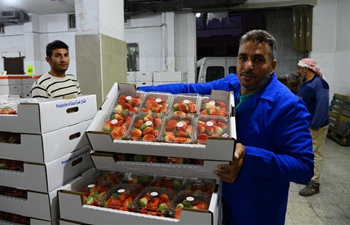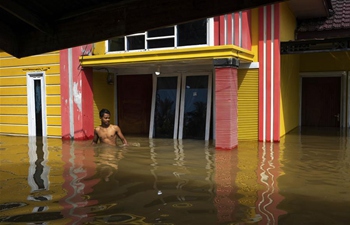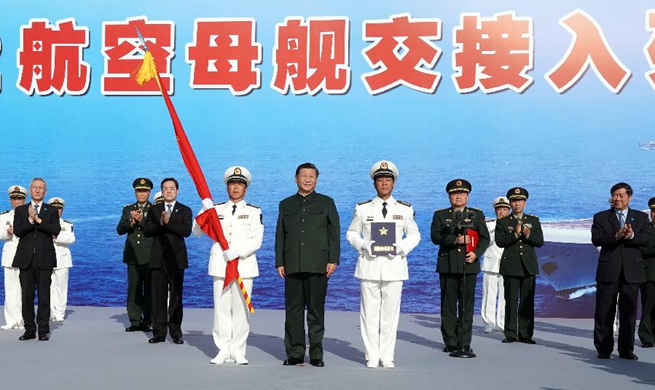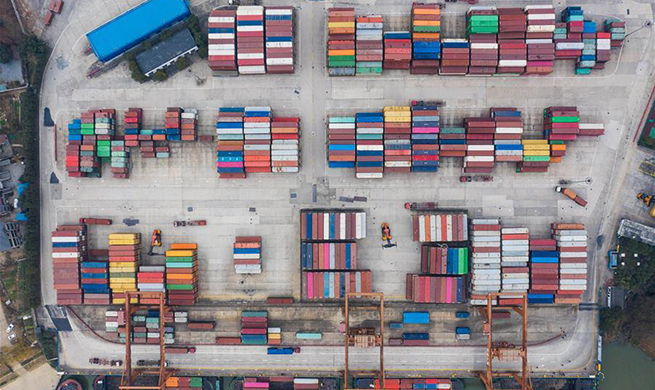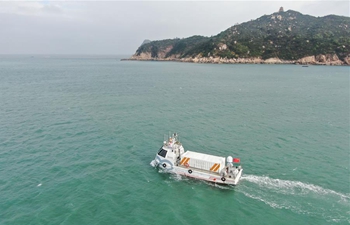MANILA, Dec. 18 (Xinhua) -- The World Bank said on Wednesday that it has approved a 400-million-U.S.-dollar development policy loan to boost the Philippines' competitiveness and fiscal sustainability and to strengthen the country's financial resilience to natural disasters and climate change impacts.
The new loan has a 19-year maturity, inclusive of a 10-year grace period.
Specifically, the World Bank said the loan will enhance regulation for the private insurance market against natural disasters; increase the efficiency of post-disaster financing by expanding the government's risk-layering strategy; and reduce contingent liabilities by creating and managing a public asset registry.
In terms of promoting competitiveness, the loan extended by the World Bank will "support the government in ensuring food security and stable prices by liberalizing the importation of rice; simplifying ease of doing business by streamlining government procedures; and increasing access to economic opportunities through the creation of a foundational ID and better payment systems."
The World Bank said the loan will also enhance fiscal sustainability by "improving budget planning and financial management; increasing revenue mobilization; and reducing fiscal risks of government-owned and -controlled corporations."
Due to its geographical location, the Philippine archipelago "is at high risk to a range of natural disasters, which will worsen with climate change," the World Bank said, noting "the Philippines has been identified as the third most vulnerable country in the world to weather-related extreme events and sea-level rise."
"Main hazards in the Philippines include typhoons, floods, earthquakes, and volcano eruptions," the World Bank added.
In 2013, the World Bank said Typhoon Haiyan resulted in the loss of some 6,300 lives and caused an estimated 12.9 billion U.S. dollars in damages, or about 4.7 percent of the Philippines' gross domestic product (GDP).
